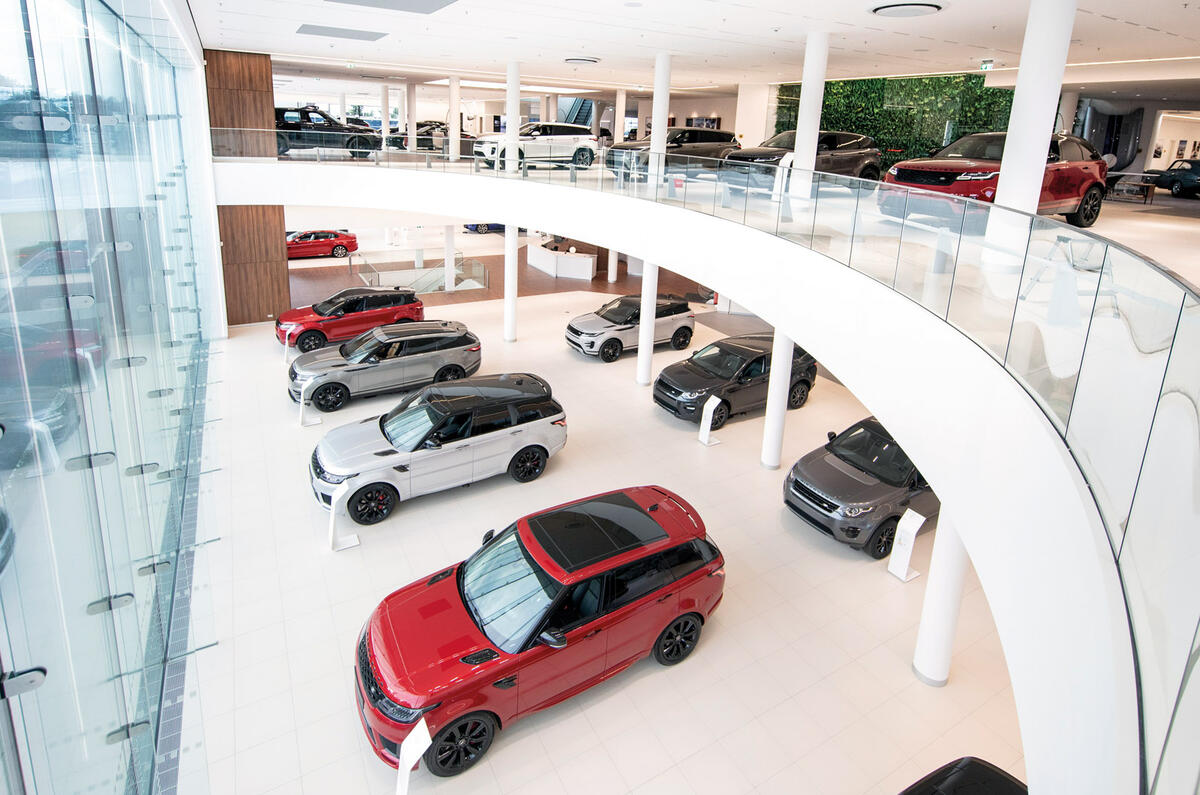What makes A good car dealership? Does a glass-fronted, two-storey facility with lights ablaze, new cars neatly aligned and a barista to serve you a latte as you’re guided to a contemporary seating area float your boat? Does it reassure you of first-rate customer service and a brand experience into which you want to buy, or does it ring alarm bells about who ultimately pays for it all?
Hitting the right note is a delicate balancing act with massive business implications, a point made by a recent What Car? poll of almost 5000 car buyers. It highlighted that 28% think there’s 10-20% profit margin on a new car sale and 46% think it’s more than 20%. Some 2.6% reckoned that there’s a 75% mark-up, even.
The implication was that he public thinks dealers are making a quick buck. The real margin is somewhere between 5-7%, although it varies dramatically by brand and model type - and typically is around double that on a used-car sale.
Dealers do typically make good money; more than enough, evidently, to meet manufacturer demands for everything from new multi-million-pound buildings to a stream of facelifts as new corporate looks roll through. But you can understand their frustrations, as well as those of their customers, at having to push ever harder.
One Autocar source estimates that the vogue for new logos designed for a digital age would cost the manufacturer and its UK dealer network in excess of £1 million per brand to implement in signage alone.
That’s all very well if it pays back (which you have to assume is documented), but further challenges come from the perception such facilities create among customers versus the reality of what will be delivered. Few want or expect to buy from Arthur Daley’s parking lot, but fewer still want to feel their money is funding someone else’s good time.
The problem is more acute in different parts of the market. Lexus aside, it’s quite common for premium brands to languish down the order of customer satisfaction surveys. Do the scores represent genuinely poorer experiences, or do they reflect high-end customers’ expectations being higher? And then you have to ask just how critical the dealership experience is as a differentiator, and if there’s a risk that these gin palaces could convey that prices are simply too high.
It’s time, surely, to draw a finish line, not least as it’s a race that nobody can win. Your average Ford showroom is probably as smart as a BMW one of 10 years ago, ratcheting up the cycle again. We all want to do better, but when dealers are giving off the impression that they’re raking it in, the model is surely broken.
READ MORE
Out of the woods? How car dealers will operate after lockdown
Covid guidance: Car dealers reopen after three-month shutdown





Join the debate
Add your comment
Mercedes at the time looked to cut their dealers in response.
I haven't bought a new car from a dealer since, preferring to save that 30% by buying online.
Why would you buy from a dealer?
The three most important aspects of any dealership should be Service, Service and Service! Sadly, this is often overlooked in favour of style, image and presentation. If the customer service is good, they are more likely to come back. Manufacturers spend huge sums on marketing in order to attract customers and then often lose them due to poor service at the dealership.
What you've got to remember is who'se paying for these fancy premises? guess what it's you the punter, what as a customer you should be thinking what is the price of the car and what will the after sales experience be like. The whole purpose of these premises is to extract as much money from the punter as possible from model upgrades and pricey options that really don't add that much to the ownership experience. The masters of these dark arts are of course the German manuafacturers,BMW,Mercedes Benz & VW/Audi and the premise being offered is that you're buying into is that you are buying a quality German product,that probably wasn't built anywhere near Germany. This is what is meant by perceived quality rather than actual quality and probably is the reason that the German cars do not do well in ownership surveys but Japanese and Korean rate higher